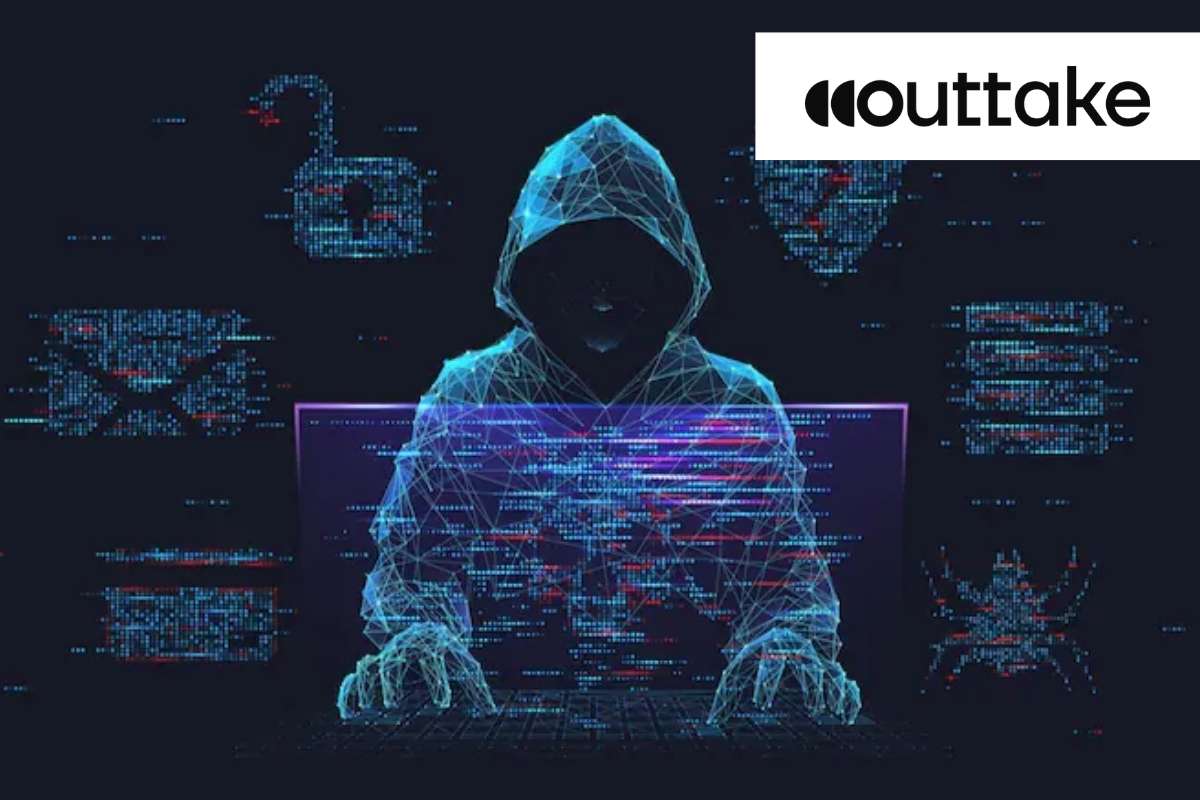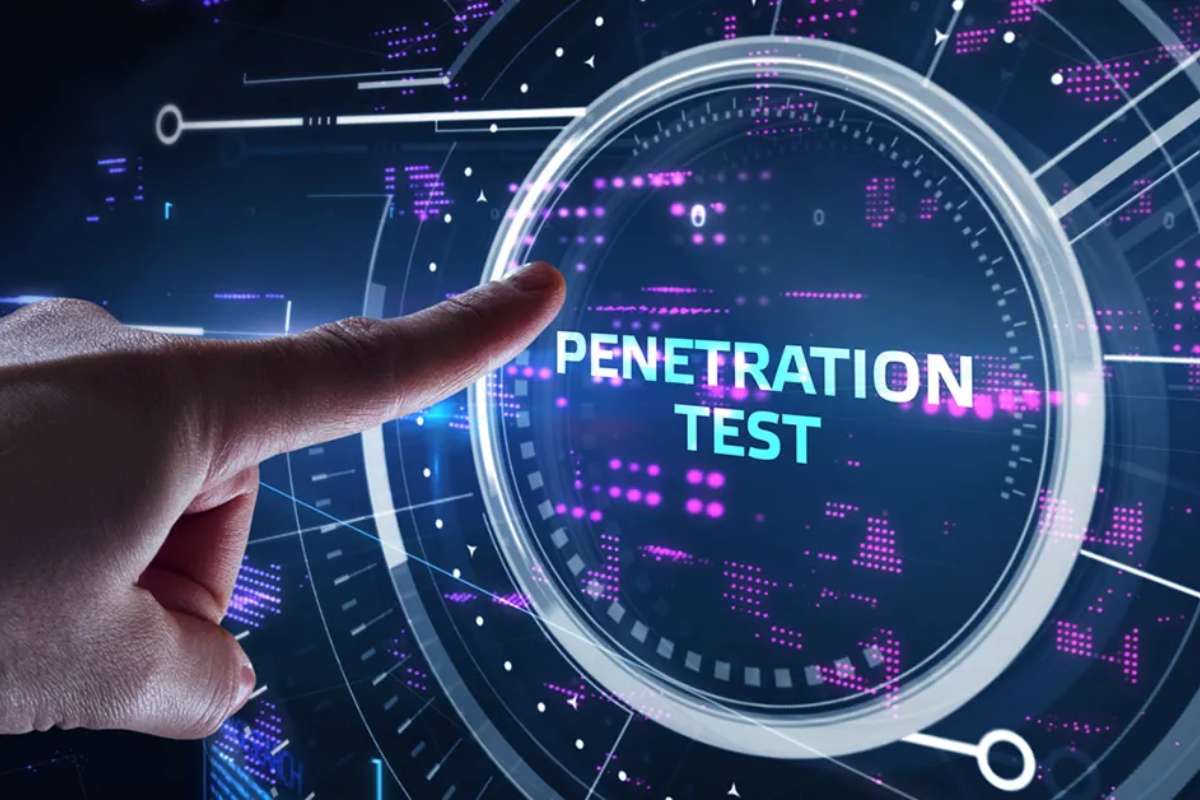Urgent Boardroom Action Needed for Cyber Defense
In today’s digital landscape, corporate boards must ramp up their coordination and urgency in addressing cybersecurity threats, especially as threat actors increasingly leverage artificial intelligence (AI) to enhance their tactics. At a panel discussion during Istari Global’s Charter Asia-Pacific Cyber Congress in Singapore, Sanjiv Misra, chairman of Clifford Capital, emphasized the pivotal role of boards in both fostering growth and safeguarding company interests. He stressed that corporate cybersecurity should be integral to a board’s growth strategy, as without it, the ability to expand business endeavors becomes severely compromised.
Echoing Misra’s sentiments, fellow panelist Lee Fook Sun, chairman of Ensign InfoSecurity, highlighted the interconnectedness between physical and cyber realms, exemplified by the surge in online threat activities spurred by global conflicts. Lee emphasized the imperative for boards to grasp the implications of real-world events on cyber environments and business risks. He urged boards to cultivate awareness of emerging threats and collaborate closely with key executives responsible for cybersecurity.
Despite increased awareness, Lee noted a persistent gap between boardrooms and the rest of the organization in addressing cyber risks. Often, attention to corporate cybersecurity is driven solely by regulatory concerns or after the occurrence of a significant breach. To bridge this divide, Lee advocated for boards to engage in transparent dialogue with Chief Information Officers (CIOs) and Chief Information Security Officers (CISOs) to understand their roles and evaluate the effectiveness of cybersecurity strategies.
Singapore Prioritizes Cybersecurity Amid Escalating Threats
As cyber threats continue to escalate globally, nations like Singapore are intensifying efforts to fortify their digital defenses. Josephine Teo, Singapore’s Minister for Communications and Information, emphasized the critical importance of prioritizing cybersecurity, particularly in advanced digital landscapes like Singapore’s. Teo underscored the necessity for organizations to bolster digital infrastructures and resilience against cyber threats, highlighting findings from a study conducted by Singapore’s Cyber Security Agency (CSA).
According to Teo, the study revealed a concerning gap in corporate cybersecurity preparedness among organizations, with many failing to fully adopt essential security measures across various categories. Despite the prevalence of cyber incidents, nearly 60% of organizations cited a lack of expertise or experience in implementing cybersecurity effectively. To address this shortfall, Singapore has implemented initiatives like the CyberSG Talent, Innovation, and Growth Plan (TIG Plan) to enhance its cybersecurity talent pool.
Harnessing AI Innovations to Combat Evolving Threats
Amid the evolving threat landscape, organizations are turning to innovative AI solutions to bolster their cybersecurity capabilities. Alvaro Garrido, Group Chief Information Security Officer (CISO) at Standard Chartered, highlighted the transformative potential of generative AI in enhancing productivity and simplifying complex threat intelligence. Garrido cited significant productivity gains achieved through the implementation of generative AI across various cybersecurity tasks.
Similarly, Daryl Pereira, Asia-Pacific CISO at Google Cloud, underscored the efficacy of generative AI in threat detection and incident response, enabling organizations to swiftly address potential threats. By harnessing AI-powered solutions, organizations can augment their cybersecurity defenses and empower non-security professionals to undertake security operations tasks effectively.
Navigating the Future of Cybersecurity
As the corporate cybersecurity landscape evolves, the imperative for proactive boardroom engagement, robust national strategies, and innovative AI solutions becomes increasingly evident. With cyber threats posing significant risks to businesses and nations alike, concerted efforts are essential to fortify defenses, mitigate vulnerabilities, and stay ahead of adversaries in the digital age. By prioritizing cybersecurity and embracing technological innovations, organizations can effectively navigate the complex challenges of cyberspace and safeguard their digital assets and interests.






